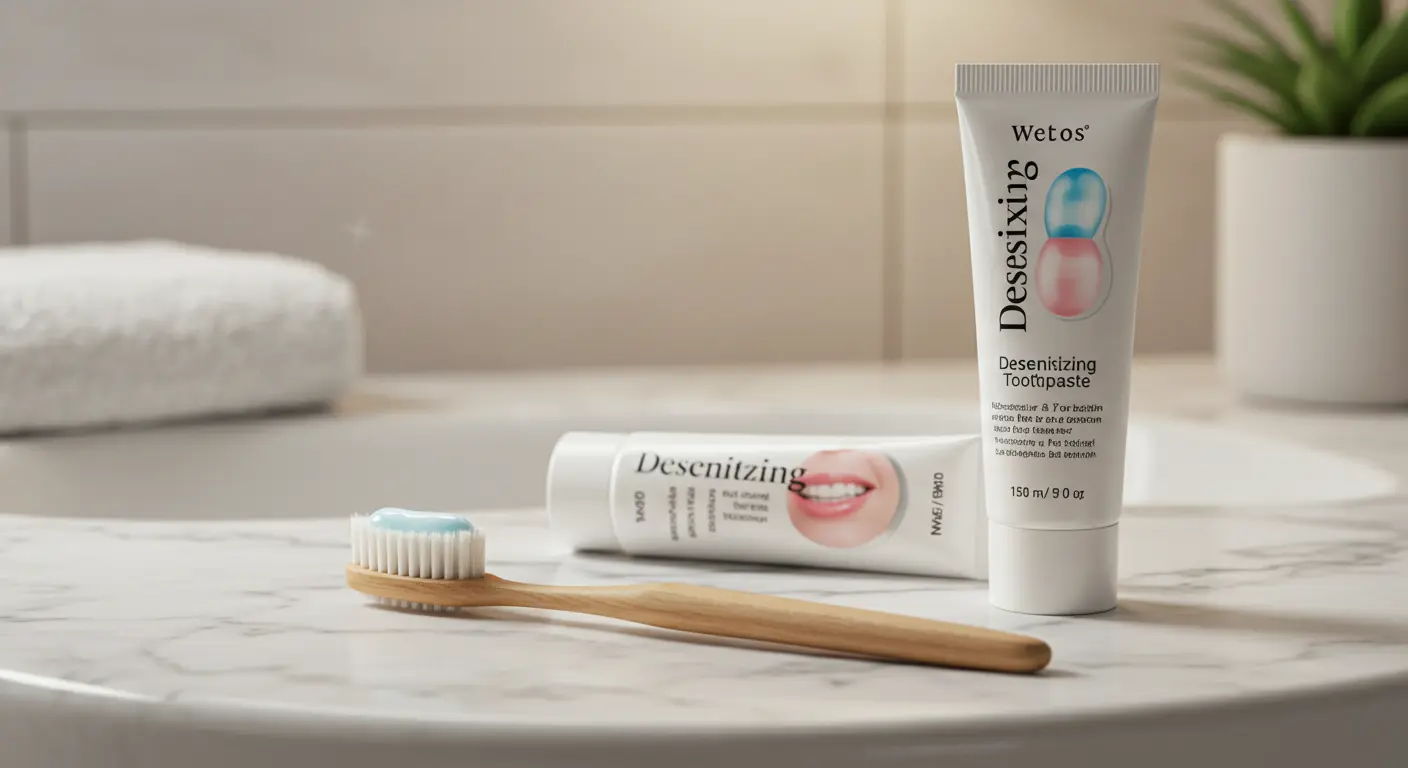Understanding Tooth Sensitivity After Cosmetic Treatments
Understanding tooth sensitivity after cosmetic treatments is essential for patients who have undergone procedures to enhance their smiles. While these treatments deliver stunning results, they can sometimes lead to temporary discomfort. Tooth sensitivity is a common issue, but it is manageable with the right care and knowledge. In this article, we will explore the causes of tooth sensitivity following cosmetic dental procedures and provide actionable tips to alleviate discomfort.
What Causes Tooth Sensitivity After Cosmetic Treatments?
Tooth sensitivity is characterized by a sharp, temporary pain when teeth are exposed to hot, cold, sweet, or acidic substances. After undergoing cosmetic dental treatments, such as veneers, whitening, or bonding, sensitivity may arise due to several reasons:
Enamel Alterations: Some treatments, like whitening, temporarily weaken the enamel, exposing the dentin layer underneath.
Bonding Agents: Adhesives used in procedures like veneers or crowns may cause mild irritation to the tooth’s nerve.
Gum Recession: Treatments that involve gum reshaping or exposure can leave parts of the root surface vulnerable.
How Long Does Sensitivity Last?
Sensitivity typically lasts a few days to a couple of weeks, depending on the type of procedure and individual healing rates. For example:
Teeth Whitening: Sensitivity usually subsides within 48 hours.
Veneers or Crowns: Mild discomfort may persist for a week as the teeth adjust.
Orthodontic Adjustments: Sensitivity can fluctuate throughout the treatment.
Tips for Managing Tooth Sensitivity
1. Use Desensitizing Toothpaste
Desensitizing toothpaste contains active ingredients like potassium nitrate or stannous fluoride that block pain signals from reaching the nerves. Use it daily for best results.
2. Avoid Extreme Temperatures
Avoid consuming overly hot or cold foods and drinks. Opt for lukewarm beverages and allow hot meals to cool slightly before eating.
3. Practice Gentle Oral Hygiene
Brush with a soft-bristled toothbrush and avoid vigorous scrubbing. This minimizes irritation to sensitive areas.
4. Rinse with Fluoride Mouthwash
Fluoride strengthens enamel and helps reduce sensitivity. Incorporate a fluoride rinse into your daily routine.
5. Limit Acidic Foods and Drinks
Foods and beverages high in acidity, like citrus fruits, soda, and vinegar, can aggravate sensitivity. Reduce consumption and rinse your mouth with water afterward.
6. Consult Your Dentist
If sensitivity persists, consult your dentist. They may recommend professional solutions, such as fluoride treatments or bonding agents, to address the issue.
Preventing Sensitivity Before and After Treatments
Pre-Treatment Tips:
Discuss Concerns with Your Dentist: Let your dentist know about any existing sensitivity issues before undergoing a procedure.
Strengthen Enamel: Use fluoride treatments or desensitizing toothpaste prior to your appointment.
Post-Treatment Tips:
Follow Aftercare Instructions: Adhere to your dentist’s guidelines to ensure proper healing.
Maintain Regular Dental Visits: Routine check-ups help monitor and address any ongoing sensitivity issues.
Debunking Myths About Tooth Sensitivity
Myth: “Sensitivity means the treatment failed.”
Reality: Sensitivity is often a normal response and does not indicate a problem with the procedure.
Myth: “Nothing can be done about sensitivity.”
Reality: With proper care and professional advice, sensitivity can be effectively managed and reduced.
Understanding tooth sensitivity after cosmetic treatments is key to enjoying the full benefits of your enhanced smile. By identifying the causes and following these practical tips, you can manage discomfort and protect your teeth. If you’re experiencing prolonged sensitivity, don’t hesitate to consult your dentist for tailored solutions.
Ready to transform your smile with confidence? Contact us at Smile Design NJ to schedule your consultation and learn how to minimize sensitivity for a comfortable and radiant result.











